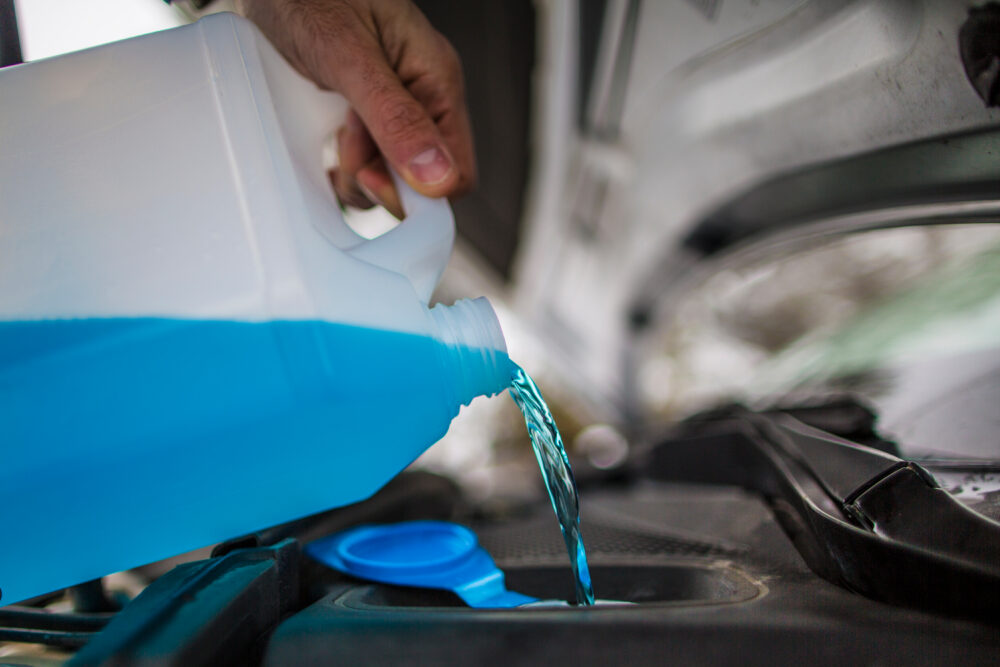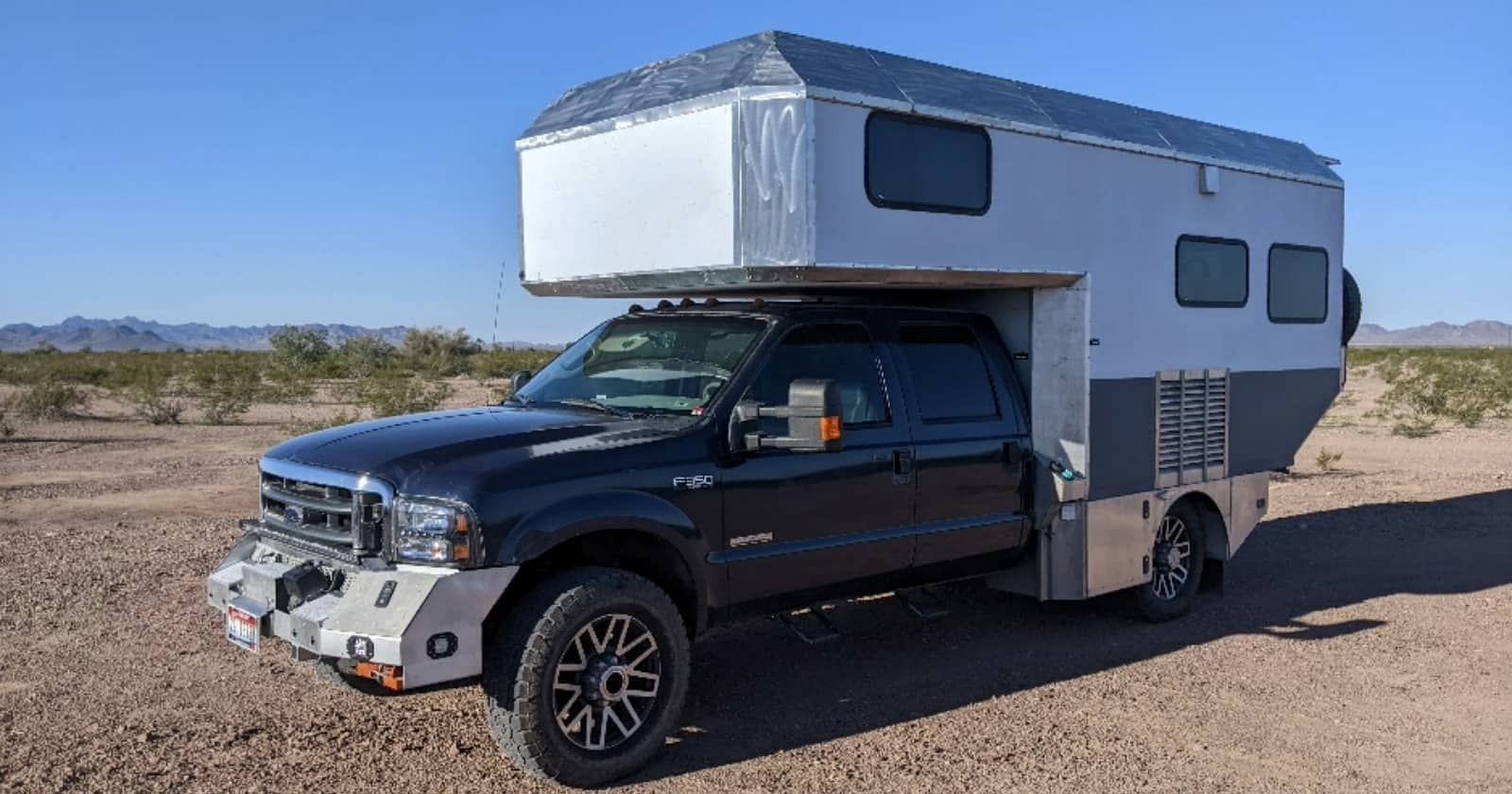The Right Way To Get Rid Of Antifreeze
Ready for the camping season? In preparation for summer RV adventures, millions of RVers are dewinterizing their RVs. From maintenance to equipment checks, there’s much to do before hitting the road. The first task is draining antifreeze from the RV water lines and disposing of it safely.
RV antifreeze vs automotive antifreeze
Propylene glycol is the main component used to make RV antifreeze, which is different from automotive antifreeze typically made of a toxic chemical called ethanol or a combination of ethanol and propylene glycol. It’s important to note that although RV antifreeze is still harmful, it is not as toxic as its ethanol-based counterpart.
Humans can consume RV antifreeze mixed with water in small amounts without experiencing any side effects. However, higher concentrations or larger quantities of lower concentrations ingested by pets and other animals can result in toxicity.
What’s more, many animals are attracted to the smell and taste of propylene glycol and are likely to ingest it if it’s available.
It’s also important to know that propylene glycol can be toxic to organisms that live in the soil, helping to break down organic matter and enabling plants to grow. Wildlife such as fish and birds may also be especially sensitive to propylene glycol’s toxic effects. It’s definitely not a great idea to dump it on the ground or into groundwater systems.

Where is it safe to dispose of antifreeze?
Some RVers claim that flushing RV antifreeze into the sewer system is safe and harmless. To find out how to dispose of RV antifreeze the right way, we did some research.
Can you pour RV antifreeze in the toilet?
While disposing of RV antifreeze into your RV toilet may be a common method, it is not the safest or the most environmentally-friendly option. Propylene glycol, the main ingredient, may be biodegradable and non-toxic, but it can still have harmful effects on the environment.
RV owners should dispose of old RV antifreeze at an approved dump station or a hazardous waste facility, as these places are equipped to handle and dispose of hazardous substances safely. It’s always best to check with your local municipality on the proper disposal method in your area.
Who takes old antifreeze?
There are dealers and parts stores, automotive service shops, municipal recycling centers, and auto parts stores that will take care of unused RV antifreeze that you wish to dispose of. Search online to get a list of places in your area that will dispose of it for you.
Track your RV maintenance
Make sure you keep track of all your RV maintenance and repairs with an online tool such as RV LIFE Maintenance. Not only can you keep all of your documents in one place, but you’ll also receive timely reminders when maintenance is due to help you avoid costly repairs and potentially serious accidents.
Related articles:



